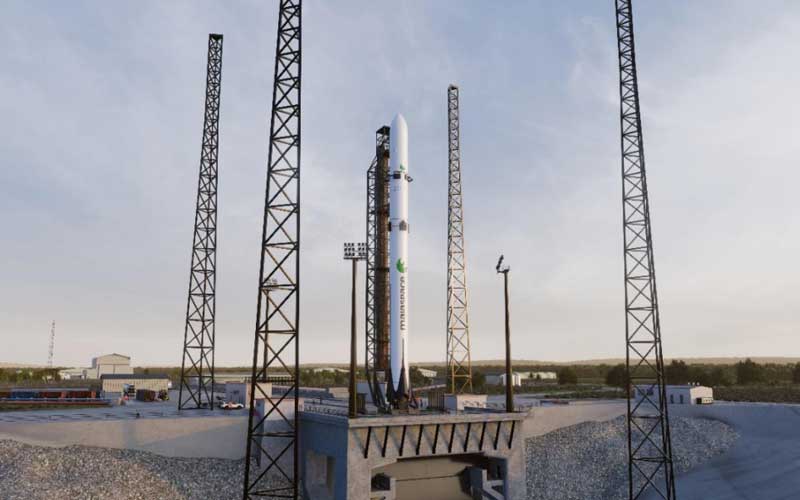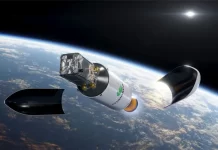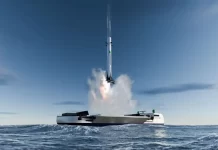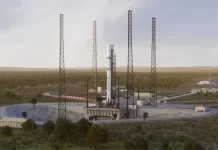
MaiaSpace, a subsidiary of ArianeGroup, has received approval from CNES to repurpose the Soyuz launchpad in French Guiana for its operations.
Founded in late 2021, MaiaSpace is developing a two-stage, partially reusable rocket called Maia. The rocket, when being recovered, will be capable of delivering payloads of up to 500 kilograms to low Earth orbit. In its expendable configuration, it will carry up to 1,500 kilograms to orbit. An optional kick stage will increase the payload capacity by an additional tonne for an expendable Maia rocket.
In April, CNES published an opportunity for a commercial entity to take over the use of the Soyuz launchpad at the Guiana Space Centre. The launchpad had been left vacant since 2022 after ESA cut all ties with Russia following the country’s invasion of Ukraine.
While the opportunity was technically open to any interested parties, the call’s minimum technical requirements did significantly narrow the field. According to CNES, any potential bidders would have to be developing a rocket capable of delivering 1.5 tonnes to low Earth orbit with an inaugural flight planned for no later than 2027.
On 26 September, MaiaSpace officially announced that CNES had entrusted it with the use of the disused launch facility.
“The reuse of already existing launch pad infrastructures is perfectly in line with MaiaSpace’s approach to minimize as much as possible its environmental footprint, on Earth and in space,” said MaiaSpace CEO Yohan Leroy. “In addition, such cost-effective solution will contribute to optimizing the level of its capital expenditures and therefore MaiaSpace’s business viability.”
According to Leroy, the company will invest “several tens of millions of euros” to adapt the launch facility to meet its needs. This process will need to be completed quickly as the company expects to attempt an inaugural launch of its Maia rocket by late 2025. Commercial operations of Maia will then begin in 2026.
While MaiaSpace is the first company to gain access to the launch facility, it will be one of two tenants. According to the original CNES call, as a prerequisite of ESA transferring ownership of the facility to CNES, the agency retained the right to select a tenant of its own as part of its European Launch Challenge initiative, which ESA announced in late 2023.




